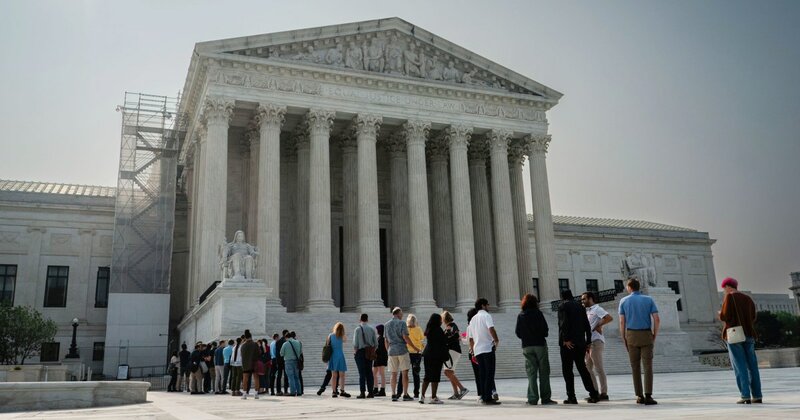Posted on Oct 29, 2023
Supreme Court wades into social media wars over free speech
3.52K
2
1
2
2
0
Posted 2 y ago
Responses: 1
Read This Next



 Supreme Court
Supreme Court Social
Social Freedom of Speech
Freedom of Speech


